Gangsta rap Įarly gangsta rap often showed significant overlap with political and conscious rap. Furthermore, the complex socio-political issues before hip hop and during all of its stages severely influenced its birth and direction. The first extremely successful hip hop song containing conscious rap was Grandmaster Flash and the Furious Five's " The Message", an influential political and conscious hip hop track, decrying the poverty, violence, and dead-end lives of the urban poor of the time. One of the first socially conscious hip-hop songs was " How We Gonna Make the Black Nation Rise?" by Brother D with Collective Effort.

Following Ronald Reagan’s election as President in 1980, conditions in inner-city African-American communities worsened, and hip-hop political commentators began to increasingly address worsening social problems such as mass unemployment, police brutality, incarceration, inadequate public schools, political apathy, and oppression. The proto-rap of Gil Scott-Heron is an early influence on political and conscious rap, though most of his earlier socially conscious and political albums fall within the jazz, soul, and funk genres. Songs expressing the theme of black pride include: James Brown's "Say it Loud (I'm Black and Proud)" (1969), and Billy Paul's "Am I Black Enough for You?" (1972). History of political and conscious hip hop Origins and early development īefore the emergence of political hip hop, the Black Power Movement and the emphasis on black pride arising in the mid-1960s and blossoming in the early-1970s inspired several commentaries that incorporated Black Power ideological elements. Conscious hip hop often seeks to raise awareness of social issues, leaving the listeners to form their own opinions, rather than aggressively advocating for certain ideas and demanding actions. Themes of conscious hip hop include Afrocentricity, religion, aversion to crime and violence, culture, the economy, or depictions of the struggles of ordinary people. The term "nation-conscious rap" has been used to more specifically describe hip hop music with strong political messages and themes.


Conscious hip hop began to gain traction in the 80's, along with hip hop in general. Conscious hip hop is not necessarily overtly political, but the terms "conscious hip hop" and "political hip hop" are sometimes used interchangeably. Conscious hip hop, or socially conscious hip hop, is a subgenre of hip hop that challenges the dominant cultural, political, philosophical, and economic consensus, and/or comments on social issues and conflicts.


 0 kommentar(er)
0 kommentar(er)
